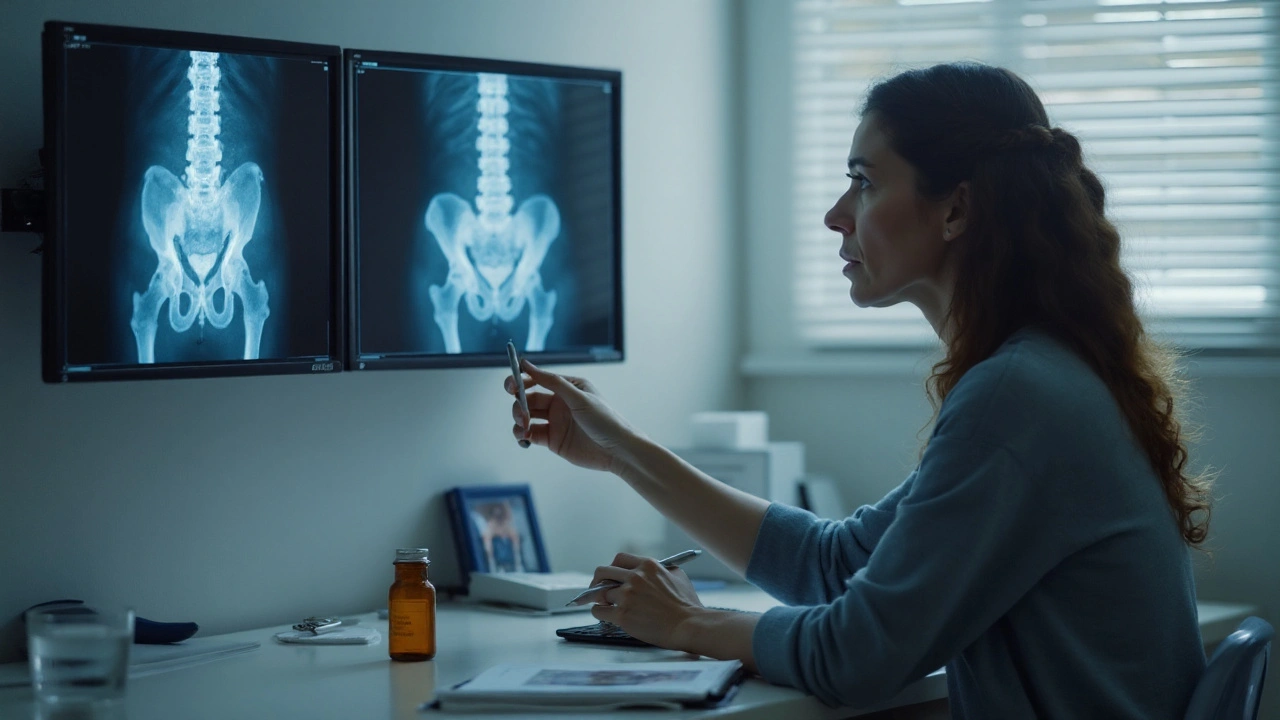UTI Antibiotic Guide: What Works, How to Use It, and What to Watch For
If you’ve ever felt a burning pee or urgent trips to the bathroom, you know how annoying a urinary tract infection (UTI) can be. The good news? Most UTIs clear up quickly with the right antibiotic. Below we break down the common drugs, when they’re appropriate, and practical tips so you get back to normal fast.
Top Antibiotics Doctors Prescribe
Trimethoprim‑sulfamethoxazole (Bactrim, Septra) is a first‑line choice for many adults. It hits the bacteria that cause most UTIs and usually finishes in three days. Watch out for rash or allergic reactions – stop it and call your doctor if those appear.
Nitrofurantoin (Macrobid, Macrodantin) works well for uncomplicated bladder infections. You’ll take it twice a day for five to seven days. It’s not great if you have kidney problems, so let your clinician check your labs first.
Fosfomycin (Monurol) is a single‑dose pill that’s handy if you forget to take meds. It clears many infections in one go, but it can be pricier and isn’t ideal for kidney stones or complicated cases.
Fluoroquinolones (Ciprofloxacin, Levofloxacin) are powerful and used when other drugs fail or the infection spreads to the kidneys. They have more side effects – tendon pain, nerve issues – so doctors reserve them for tougher situations.
How to Choose the Right One
Doctors look at a few factors: your age, any kidney disease, pregnancy status, and local resistance patterns (some bacteria become immune to certain drugs). If you’ve taken an antibiotic recently, the doctor may pick a different class to avoid resistance.
Never start an antibiotic on your own. A urine culture tells the lab which bug is causing trouble and which drug kills it best. Even if symptoms improve after a day, finish the full prescription – stopping early can let bacteria survive and cause repeat infections.
Side effects are usually mild: nausea, diarrhea, or a temporary yeast infection. If you notice severe stomach pain, blood in urine, or a rash that spreads, stop the med and seek help right away.
For pregnant women, nitrofurantoin (except near term) and fosfomycin are generally safe, while fluoroquinolones are avoided. Always discuss any pregnancy plans with your provider before starting treatment.
Besides antibiotics, drink plenty of water – at least eight glasses a day – to flush bacteria out. Cranberry juice may help some people, but it’s not a substitute for proper meds.
If you get UTIs frequently (three or more a year), ask about prophylactic low‑dose antibiotics or other preventive measures like post‑void rinsing and avoiding irritating soaps.
Bottom line: the right antibiotic depends on your health picture and the bug’s resistance. Trust your doctor’s lab results, finish the course, stay hydrated, and you’ll be back to feeling normal in no time.

